Request Your Tooth Extraction Consultation
Tooth Extraction
Proudly serving Chelmsford and surrounding towns.
Your dentist will do everything that they can to preserve your natural teeth. Unfortunately, there are situations in which a tooth must be extracted. This is a very common dental procedure that is fairly straightforward and low risk in most cases.
Why do I need to have a tooth pulled?
There are several reasons why we may recommend that you have a tooth extracted, including:
- Large cavities
- Wisdom teeth
- Cracked or broken tooth
- Periodontal disease
- Overcrowding
Large Cavities
Major tooth decay can result in the infection and inflammation of the dental pulp. This can cause severe pain and lead to the loss of a tooth. If a large cavity results in irreversible pulpitis, a root canal procedure will be necessary, or an extraction to prevent further damage.
Wisdom Teeth
It is not uncommon for wisdom teeth to grow in improperly, leading to problems with crowding, cavities or pain. If your wisdom teeth are impacted, it can increase the risk of infection and inflammation if the tooth is not extracted.
Cracked or Broken Tooth
Depending upon the extent of the damage, you may be advised to have your tooth extracted instead of repaired.
Periodontal Disease
Advanced gum disease can cause teeth to loosen within your mouth. If such a tooth is not extracted, it can cause continual problems.
Overcrowding
The extraction of a tooth can provide more room for better alignment. This may be needed for certain types of orthodontic procedures like braces that will be shifting teeth within the mouth.
Simple Extractions and Surgical Extractions
A simple extraction is a relatively routine dental procedure that only involves the use of a local anesthetic. General dentists typically offer this type of tooth extraction. Recovery time, pain levels, and swelling should be minor with this method of extraction.
If your tooth has broken off beneath the gum line, a surgical tooth extraction may be necessary. This type of extraction is more complex and may involve more extensive recovery time, swelling and pain.
Preparing for a Tooth Extraction
On the day of your appointment, consider the following:
- If undergoing IV sedation, wear a short-sleeved shirt to make your veins accessible.
- Do not eat for eight hours before your extraction if you will be undergoing IV sedation.
- Arrange for a ride home if you will be undergoing sedation.
- Do not smoke so that your risk of complications does not increase.
Simple Tooth Extraction
You will first receive a local anesthetic. Your dentist will use a special instrument to loosen your tooth. They will then use forceps to remove your tooth after it has been dislodged from the underlying bone. Finally, a saline solution is used to rinse the tooth socket.
Surgical Extraction
A local anesthetic will be delivered into the treatment area. If IV sedation is needed, it will be administered at this time. A small incision will be formed to allow for the access of dental tools, followed by loosening and removing the tooth.






